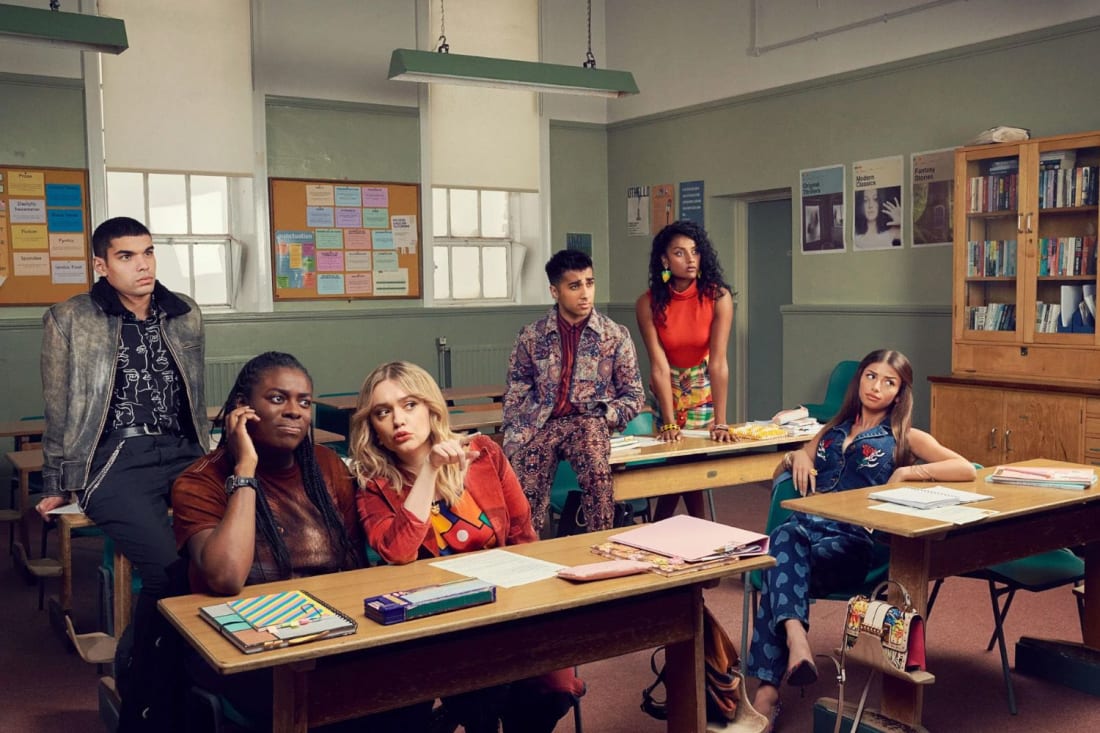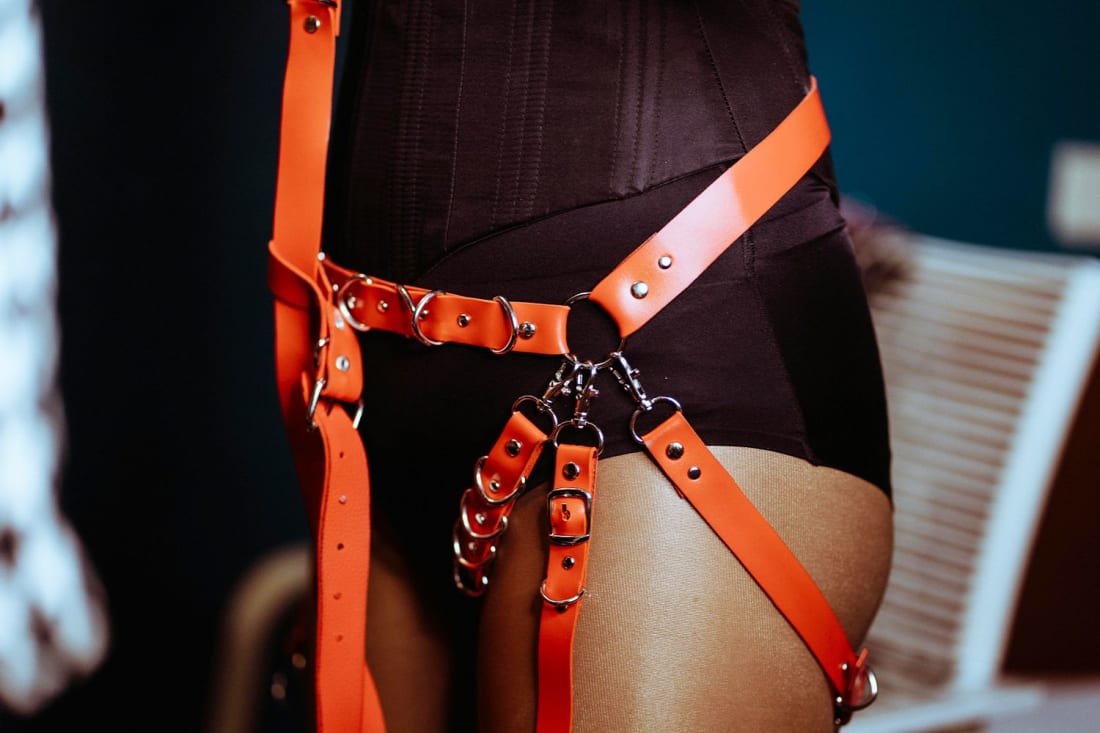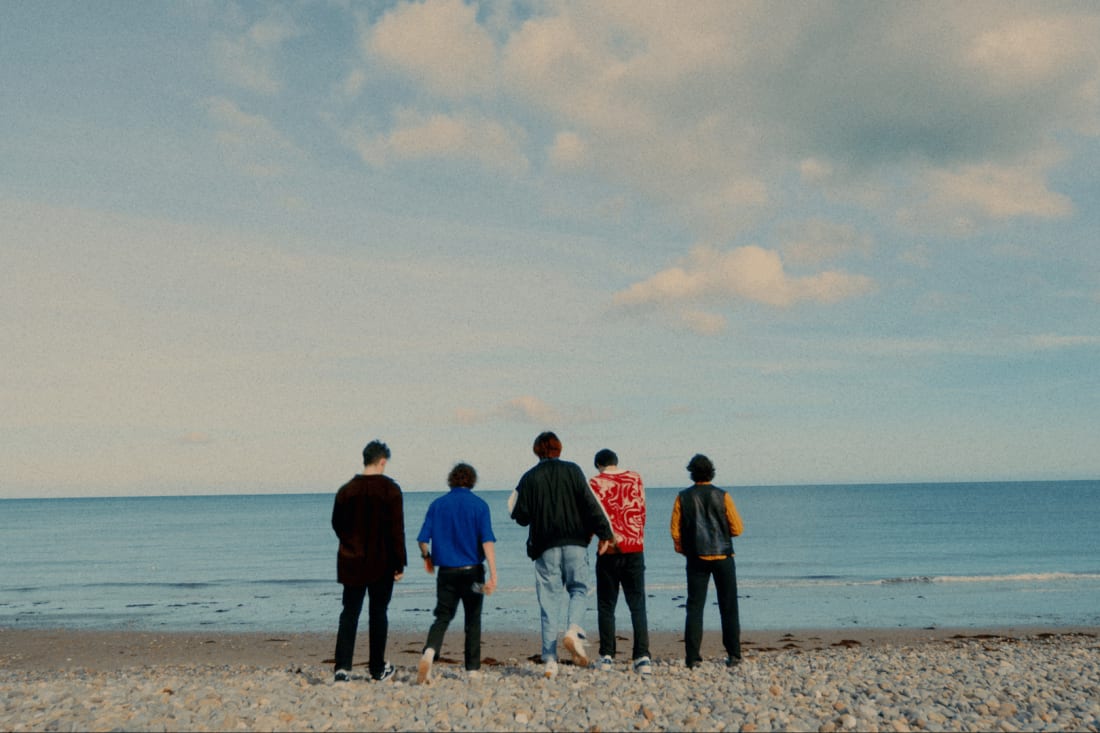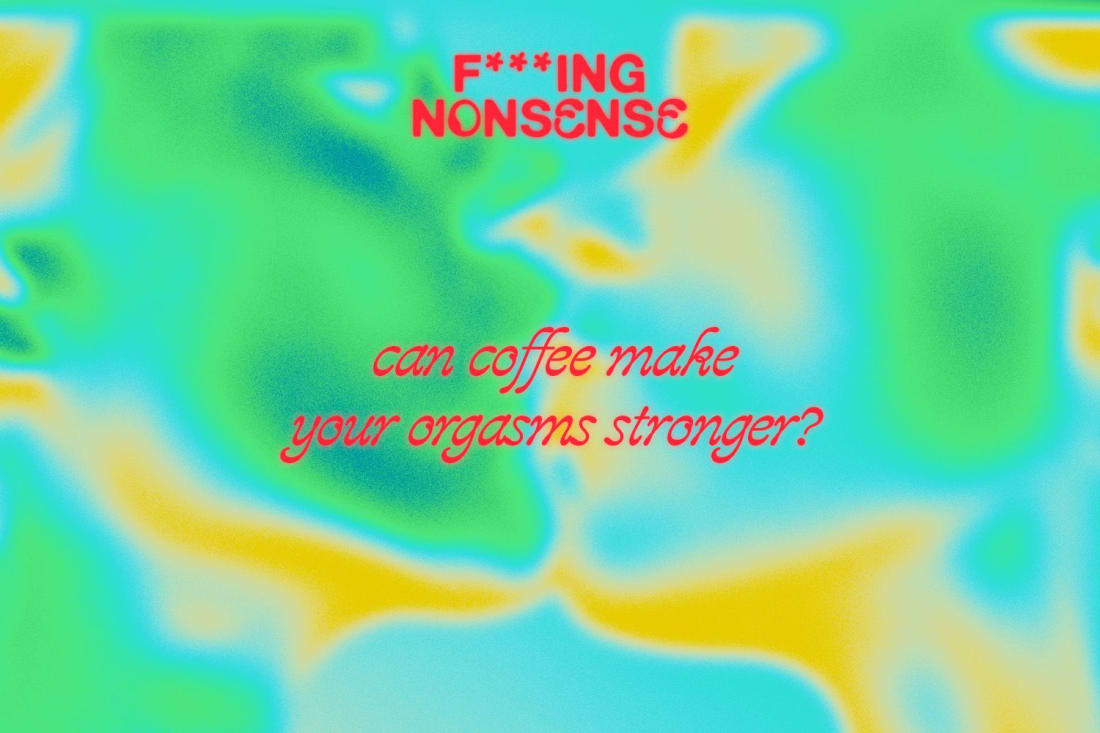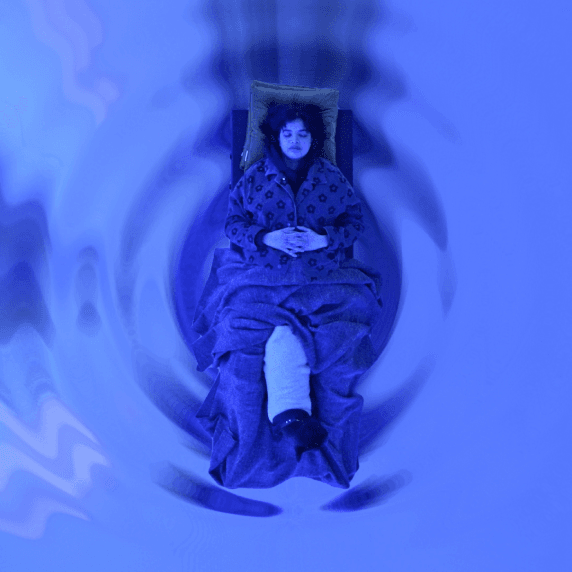The new aromantics flying the flag for the misunderstood identity
We meet the young aro creatives working to dispel myths around not seeking out romance
We meet the young aro creatives working to dispel myths around not seeking out romance
Even if you’re in a romantic relationship, Valentine’s Day isn’t necessarily something worth swooning over. The icky, sickly, saccharine commercialism of it all, from cloying boxes of chocolates to acts of public affection, can be slushy, syrupy and schmaltzy all at once. While celebrating love is genuinely sweet, many of us don’t fall for the real secret admirer behind all of this: capitalism!
As a single soul, meanwhile, it’s even less enjoyable being enveloped by a throng of loved-up couples reminding you that you’re very, very much alone. But what’s it like if you’re not interested in romance at all, any day of the year?
Cupid’s aro
Being aromantic, or ‘aro’ for short, means that you experience little to no romantic attraction. It is, like all equivalent orientations, a spectrum – the ‘arospec’. As an identity, it’s barely come of age. The term was first used in 2005 and the Aromantic Pride Flag was designed exactly ten years ago in February 2014 by Tumblr user Cameron Whimsy, with green representing the antithesis to red-hot romantic love.
For years, the identity has been wildly misrepresented. It’s mainly due to what American academic Elizabeth Brake calls ‘amatonormativity’ – that society is smitten with romance, marriage and monogamy. We have, as humans, still not evolved past seeing romantic love as the be all and end all. It is, according to The Beatles and a gazillion other artists, all we need, apparently. And so to not desire that seems, in some way, a deficiency. No wonder over 80% of respondents to the Aromantic Census 2020 reported that their identity is dismissed by others.
Luckily, the public consciousness is uncoupling from this one-size-fits-all approach to romantic love. It’s thanks to a wave of new aromantics, consisting of young creatives, activists and academics helping alloromantic people (the majority of us who experience romantic attraction) unlearn their assumptions and those on the spectrum to feel content in their orientations. A milestone moment in 2021 saw Alice Oseman, creator of Netflix series Heartstopper, win the YA Book Prize for Loveless, an artfully-woven novel featuring an aro/ace (asexual) protagonist coming to terms with her identity.
The main aim for aros? To explain why, for almost everyone in the community, not feeling romantic affection leads to a just as fulfilling, or in some cases even more fulfilling, life. While there is absolutely nothing wrong with looking for romantic love (it is, after all, very lovely!) seeing life through a pair of aspecs can help all of us, aro or not, with many aspects of our lives: being happier when we’re single and understanding the value of friendship. Who needs that other half when you already feel whole? That’s the aspec perspective.
So what is it actually like for aro people on Valentine’s Day, our most awkwardly mawkish celebration of romantic love? With Aromantic Spectrum Awareness Week (18 to 24 February) also around the corner, we asked three young aro creatives – model and writer Yasmin Benoit, academic and author Michael Palamo and podcast host Sarah Costello – to answer this and more.
Yasmin Benoit
The original asexual activist, Yasmin Benoit has worked with the likes of Stonewall to spread awareness of both aro and ace folk, galvanised by her starting the first ever asexual rights initiative and coining the viral #ThisIsWhatAsexualLooksLike hashtag. She is the recipient of an Attitude Pride Award and models lingerie for Ann Summers and more.
Can understanding aromanticism also make people of all sexualites and identities appreciate the value of friendship more?
Benoit: Understanding aromanticism would be beneficial for everyone, because that opens the floodgates to understanding amatonormativity and how that can be harmful to everyone. So many people feel like they haven’t succeeded in life because they’re ‘single’, or because they don’t have romantic love in their life, even if they’re surrounded by every other form of love.
Love is love. It’s all equal. One type isn’t inherently better than another. I think the queer community in particular should be able to see how defiant and powerful centering friendships and being your own person is, instead of having to conform to particular standards of relationships just to feel to be seen as a full human.
Michael Paramo
A doctoral candidate at University of British Columbia, Mexican-American writer Michael Paramo is one of the globe’s leading aro academics. They founded AZE Journal, a literary publication compiling work from asexual, aromantic and agender creatives. Earlier this month, they published Ending the Pursuit, a book questioning society’s normative views on sex, gender and romance.
What are the most common (and frustrating) misconceptions and myths surrounding aromanticism?
Paramo: When someone comes out as aromantic, it might be dismissed as attention-seeking behaviour, social awkwardness, not having tried a romantic relationship before, immaturity, or as a product of a traumatic experience. This can be frustrating for aromantic people who are just trying to have their feelings validated. These misconceptions are rooted in the dominant notion that being in a romantic relationship is a necessary part of living a healthy and fulfilling life.
Is Valentine's Day a difficult time for aromantics?
Paramo: I’ve seen many aromantics express that Valentine’s Day is a difficult time for them because they feel left out of the experience. Aromantics can find it depressing or annoying because others around them can make them feel like they should have a romantic partner to celebrate with, which can make them feel like they are broken. The holiday can also contribute to the idea that romantic love is a universal experience, which is something that people on the aromantic spectrum are constantly fighting against or trying to deconstruct.
Can all aro people feel fulfilled?
Paramo: Not experiencing romantic attraction can be a very isolating experience in a society where romantic love is understood as a universal experience. Finding a community of people who understand you can be a very important aspect of feeling emotionally fulfilled, which can be particularly difficult for aromantic people, but I believe it is possible and becoming more accessible because of increasing awareness and connectivity.
What does Ending The Pursuit, your new book, say about aromanticism?
Paramo: Part of the book examines how our modern ideas surrounding the concept of romantic love are rooted in colonial ideas of who was deemed to be civilised or not. Exploring these historical narratives exposes how the idea that romantic love is natural has not been a neutral or objective belief that has remained constant throughout human history. I hope it inspires people to reflect and reimagine how they understand intimacy, relationships, love, and attraction in their own lives more broadly.
Sarah Costello
For the first 18 years of her life, Sarah Costello thought she was straight. It wasn’t until she began studying at the University of Michigan that she realised she was actually aromantic and asexual, inspiring her to start the Sounds Fake But Okay podcast with classmate and friend Kayla Kaszyca (who, through the podcast, has learnt that she is demisexual). Both co-authored a spin-off book last year, and Costello now works as a TV writer aiming to make on-screen entertainment more representative.
Congrats on the Sounds Fake But Okay book! What was your vision?
Costello: After the publishers reached out to us, we landed on the idea of the aspec lens – the things you learn from asexuality and aromanticism that really impact your whole life in a way that a lot of people don't realise, and especially people outside of the community. We wanted to make sure it had a broad audience. My grandma’s best friend said she read it and sent my grandma some really long texts about how interesting she found it. So, you know, we’re glad that even this 80 year-old woman in rural Missouri can get something out of this book.
Are you hopeful for the future of aro representation?
Costello: Aspec identities have existed since the beginning of time, but the community that we know today wasn't really formed until the early 2000s. So we’re much more in our early stages than other queer identities. When I’m working in TV, I often hear people say things like: ‘Oh, well, there's no point in this character if they don’t have a romantic subplot.’ It’s very important for me to push back on that. But yeah, we're absolutely moving in the right direction. It's slow, but we’re getting there.

